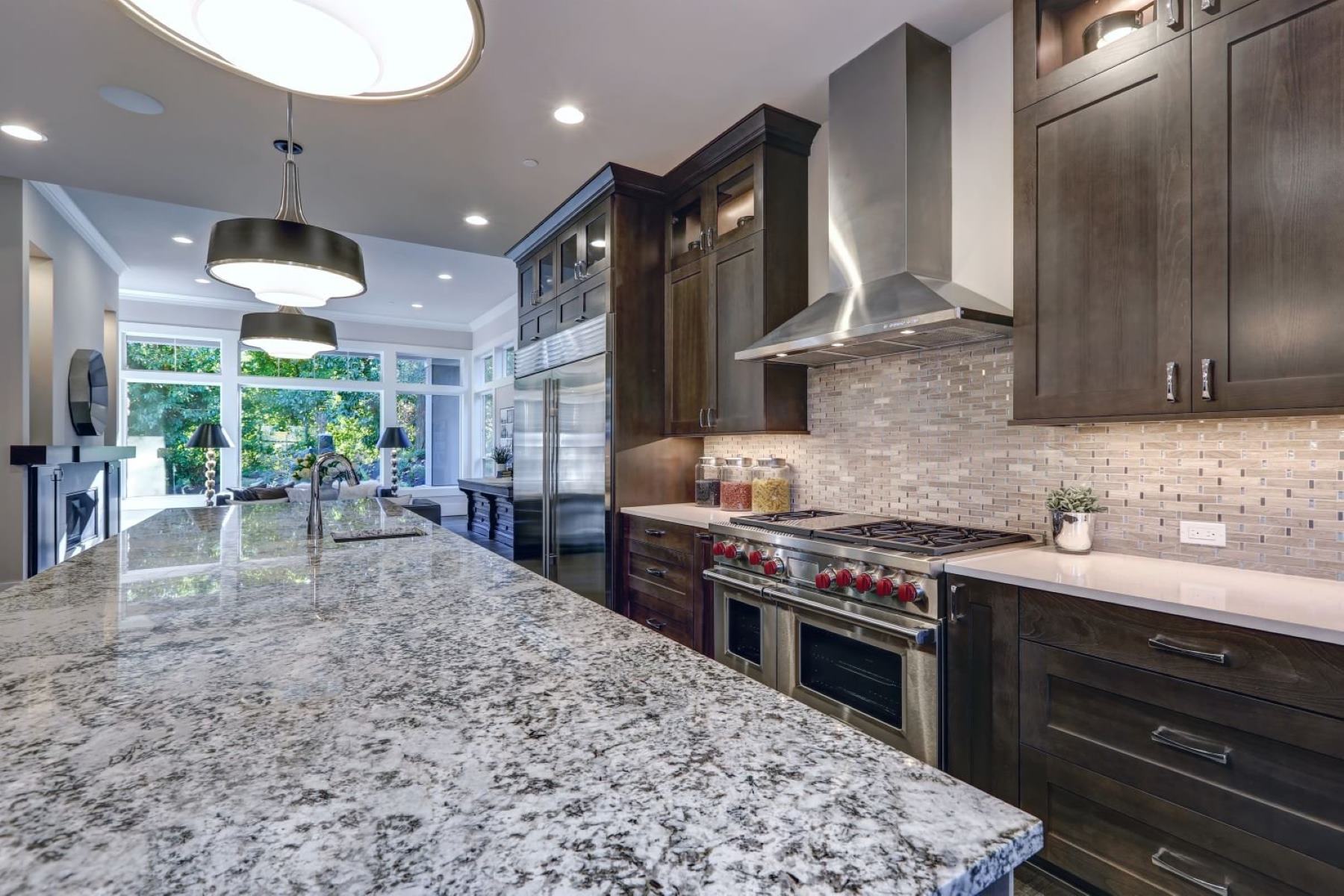

Articles
How Durable Is Granite Countertops
Modified: February 23, 2024
Learn about the durability of granite countertops in our informative articles. Discover why granite is a long-lasting choice for your kitchen or bathroom.
(Many of the links in this article redirect to a specific reviewed product. Your purchase of these products through affiliate links helps to generate commission for Storables.com, at no extra cost. Learn more)
Introduction
When it comes to choosing the perfect countertop material for your kitchen or bathroom, durability is often a key factor to consider. One material that stands out in terms of strength and longevity is granite. Granite countertops have gained significant popularity in recent years due to their exceptional durability and timeless beauty.
Granite is a natural stone that is formed deep within the earth’s crust. It is composed of various minerals, including quartz, feldspar, and mica, which give it its unique composition and appearance. With its natural strength and resistance to wear and tear, granite is an excellent choice for high-traffic areas such as kitchen countertops.
Not only does granite offer exceptional durability, but it also adds a touch of elegance to any space. It comes in a wide range of colors and patterns, with each slab being truly unique. Whether you prefer a classic and polished look or a more rustic and textured surface, there is a granite countertop option to suit every taste and style.
In this article, we will explore the durability of granite countertops in detail. We will discuss why granite is a popular choice, factors that affect its durability, its resistance to heat and stains, maintenance and care tips, as well as common issues and concerns that homeowners may have.
So, if you are considering granite countertops for your home or are simply curious about the longevity and durability of this material, let’s dive in and discover why granite is a top choice in the world of countertops.
Key Takeaways:
- Granite countertops offer exceptional durability, heat resistance, and resistance to stains, making them a practical and long-lasting choice for homeowners seeking a beautiful and functional countertop option.
- Proper maintenance, including regular sealing, cleaning, and prompt attention to spills, is crucial for preserving the physical durability and timeless elegance of granite countertops, ensuring their longevity and satisfaction for years to come.
Read more: How Durable Are Epoxy Countertops
What is Granite?
Granite is a type of igneous rock that is formed through the cooling and solidification of magma or lava. It is predominantly composed of three minerals: quartz, feldspar, and mica. These minerals give granite its distinct appearance and remarkable durability.
Granite is found all over the world and is extensively quarried for use in construction, particularly as a popular choice for countertops. It is known for its stunning natural patterns and colors, which are the result of the minerals and impurities present during its formation.
Quartz, the most abundant mineral in granite, gives the stone its hardness and durability. It is extremely resistant to scratches, making it an ideal material for high-traffic areas such as the kitchen. Feldspar provides granite with its unique colors and patterns, while mica adds a touch of sparkle and shimmer.
Due to its natural composition, every slab of granite is one-of-a-kind, offering a truly unique aesthetic appeal. From rich browns and deep blacks to striking blues and elegant whites, there is a wide range of colors and patterns to choose from when selecting granite for your countertops.
What sets granite apart from other countertop materials is its remarkable strength and resistance to heat and scratches. It is one of the hardest natural stones available, making it highly durable and long-lasting. In fact, granite is so durable that it can withstand the daily wear and tear of a busy kitchen without losing its luster or beauty.
Another notable characteristic of granite is its natural resistance to bacteria and stains. This makes it a hygienic choice for kitchen countertops, where spills and food preparation are common. With proper maintenance and sealing, granite countertops can remain stain-free and bacteria-resistant for years to come.
In summary, granite is a natural stone with exceptional durability and aesthetic appeal. Its unique composition of quartz, feldspar, and mica gives it strength, color, and pattern. With its heat resistance, scratch resistance, and natural ability to repel stains, granite countertops are an excellent choice for homeowners looking for a long-lasting and visually stunning option for their kitchen or bathroom.
Why Choose Granite Countertops?
When it comes to selecting the perfect countertop material for your home, there are numerous options available. So why should you choose granite countertops over other materials? Let’s explore some of the key reasons why granite is an excellent choice:
- Durability: Granite is one of the most durable natural stones available for countertops. Its hardness and resistance to scratches and dents make it ideal for high-traffic areas like the kitchen. With proper care and maintenance, granite countertops can last for decades.
- Timeless Beauty: Granite countertops offer timeless beauty that never goes out of style. Each slab of granite is unique, with natural variations in color, pattern, and veining. This natural stone adds an elegant and luxurious touch to any space, enhancing the overall aesthetic appeal of your kitchen or bathroom.
- Wide Range of Colors and Patterns: Granite is available in an extensive variety of colors and patterns to suit any style or preference. From classic and neutral tones to bold and exotic hues, there is a granite countertop option to match your specific design vision.
- Heat and Stain Resistance: Granite is highly resistant to heat and can withstand hot pots and pans without any damage. Additionally, it has natural stain resistance when properly sealed. This makes it an ideal choice for cooking enthusiasts who need a durable and practical surface for their culinary endeavors.
- Easy Maintenance: While granite countertops do require occasional sealing to maintain their luster and resistance to stains, they are relatively easy to clean and maintain. Regular wiping with a mild detergent and warm water is usually sufficient to keep granite countertops looking their best.
- Increased Home Value: Granite countertops are highly sought after by homebuyers. Investing in granite can significantly increase the resale value of your home. It is considered a premium and desirable feature that can attract potential buyers and make your property stand out in the market.
- Environmentally Friendly: Granite is a natural and eco-friendly material. It is responsibly sourced from quarries, and modern extraction techniques minimize environmental impacts. Choosing granite countertops allows you to enhance the beauty of your home while contributing to sustainable living.
With its unbeatable combination of durability, elegance, and practicality, granite countertops are an exceptional choice for any homeowner who wants to elevate the aesthetics and functionality of their kitchen or bathroom. Whether you are renovating your space or building a new home, granite countertops are a long-term investment that offers both aesthetic appeal and durability.
Factors Affecting Granite Durability
While granite is known for its exceptional durability, there are several factors that can influence its longevity and performance as a countertop material. Understanding these factors can help you make informed decisions about the installation and maintenance of your granite countertops. Here are the key factors to consider:
- Quality of the Granite: The quality of the granite itself plays a significant role in its durability. Higher quality granite tends to have a denser composition, making it more resistant to scratches, stains, and damage. It is important to choose granite from reputable suppliers who offer high-quality stones.
- Thickness: The thickness of the granite slab can impact its durability. Thicker slabs are generally stronger and less prone to cracking or breaking under pressure. It is recommended to opt for a thickness of at least 3 centimeters for optimal durability.
- Sealing: Proper sealing of granite countertops is essential for maintaining their durability. Sealing helps to protect the stone from absorbing spills, stains, and moisture. It is recommended to reseal granite countertops every one to three years, depending on the level of usage and the sealant used.
- Supportive Structure: The strength and durability of granite countertops also depend on the quality and stability of the supporting structure. It is crucial to ensure that the cabinets or base supporting the granite are sturdy enough to handle the weight of the stone without any sagging or excessive stress.
- Maintenance: Regular and proper maintenance is essential for preserving the durability of granite countertops. This includes routine cleaning with mild soap and water, avoiding harsh abrasive cleaners, using cutting boards and trivets to protect the surface, and promptly cleaning up spills to prevent staining.
- Usage: The way you use your granite countertops can also impact their durability. While granite is highly resistant to scratches, it is still important to use cutting boards and avoid dragging heavy objects across the surface. Using trivets or hot pads to protect the countertop from direct heat is essential to prevent thermal shock.
By considering these factors and taking the appropriate precautions, you can ensure the maximum durability and longevity of your granite countertops. Regular maintenance, proper sealing, and mindful usage will help to preserve the beauty and strength of the granite, allowing you to enjoy its benefits for many years to come.
Physical Durability of Granite Countertops
One of the key reasons why homeowners choose granite countertops is their exceptional physical durability. Granite is a tough and resilient natural stone that can withstand the demands of everyday use in the kitchen or bathroom. Here are the aspects that contribute to the physical durability of granite countertops:
- Scratch Resistance: Granite is highly resistant to scratches and abrasions. Its hardness, measured on the Mohs scale, ranges from 6 to 7, making it one of the toughest natural stones. This means that it can withstand the impact of knives, cooking utensils, and other sharp objects without leaving significant scratches on the surface.
- Impact Resistance: Granite is also known for its remarkable impact resistance. It can withstand accidental impacts from heavy pots, pans, or other objects without cracking or chipping. However, it is still advisable to avoid dropping heavy objects forcefully onto the countertop to prevent any potential damage.
- Weight Bearing Capacity: Granite countertops have excellent weight-bearing capacity. They can support heavy appliances, such as refrigerators or ovens, without sagging or collapsing. However, it is essential to ensure that the supporting structure, such as cabinets or bases, is strong enough to handle the weight of the granite slab.
- Resistance to Moisture: Granite has low porosity, which means it is highly resistant to moisture absorption. This makes it less prone to swelling, warping, or cracking when exposed to water or humidity. However, it is still essential to wipe up any spills promptly to prevent the formation of water spots and to maintain the integrity of the sealant.
- Impact of Extreme Temperatures: Granite is naturally heat resistant and can withstand high temperatures without any significant damage. This makes it an ideal material for kitchen countertops, where hot pans and pots are often placed directly on the surface. However, it is recommended to use trivets or hot pads to protect the surface from thermal shock caused by sudden extreme temperature changes.
While granite countertops are highly durable, it is important to note that improper use or maintenance can still lead to damage. It is advisable to avoid using the countertop as a cutting surface and to always use cutting boards. Harsh abrasive cleaners and acidic substances should be avoided, as they can dull the surface or etch the polish. Regular cleaning using mild soap and water and routine maintenance such as sealing will help preserve the physical durability and the beauty of the granite countertops.
Overall, the physical durability of granite countertops makes them an excellent long-term investment for any homeowner. With their scratch resistance, impact resistance, weight-bearing capacity, moisture resistance, and heat resistance, granite countertops can withstand the rigors of daily use and maintain their beauty for many years to come.
To maintain the durability of granite countertops, avoid placing hot pots directly on the surface, use cutting boards to prevent scratches, and regularly seal the granite to protect it from stains and damage.
Read more: How To Repurpose Granite Countertops
Resistance to Heat and Stains
One of the standout characteristics of granite countertops is their exceptional resistance to heat and stains. These qualities make granite a popular choice for kitchen countertops, where exposure to hot cookware and potential spills is common. Let’s explore how granite counters perform in terms of heat resistance and stain resistance:
- Heat Resistance: Granite is highly heat resistant and can withstand high temperatures without being damaged. It is unlikely to crack or discolor when hot pots, pans, or baking trays are placed directly on its surface. However, it is still advisable to use trivets or hot pads to protect the finish and to prevent any potential thermal shock caused by sudden temperature changes.
- Stain Resistance: Granite countertops possess a natural resistance to stains when they are properly sealed. The sealing process helps to prevent the absorption of liquids into the stone. As a result, spills from common kitchen substances like coffee, wine, or oil are less likely to penetrate the surface and cause permanent stains. Regular sealing and prompt cleaning of spills will help maintain the stain-resistant properties of the granite.
- Sealing and Maintenance: To ensure the maximum heat and stain resistance of granite countertops, it is crucial to properly seal them and follow a regular maintenance routine. Sealing creates a protective barrier on the surface of the stone, minimizing the chances of liquids and stains penetrating the pores. The frequency of resealing depends on the type of sealant used and the amount of usage, but it is generally recommended to seal granite countertops every one to three years.
- Preventing Stains: While granite countertops are naturally resistant to staining, it is still advisable to take preventive measures to minimize their exposure to potential stains. Using cutting boards when preparing food and promptly wiping up spills can help prevent long-term discoloration. Additionally, avoiding the use of abrasive cleaners and acidic substances can help preserve the sealant and protect the granite surface from any potential damage.
- Maintenance: Regular maintenance is essential to keep granite countertops in top condition. Routine cleaning with mild soap and warm water is usually sufficient to remove dirt and grime. Avoid using harsh chemicals or abrasive cleaning products as they can dull the surface and compromise the sealant. Gently blotting spills and avoiding scrubbing can also help maintain the integrity of the seal and prevent any potential damage.
Overall, granite countertops offer impressive resistance to both heat and stains when properly sealed and maintained. Their ability to withstand high temperatures and repel common kitchen spills makes them a practical and durable choice for any homeowner. By following a regular sealing and maintenance routine, you can enjoy the beauty and functionality of your granite countertops while ensuring they continue to resist heat and stains for many years to come.
Maintenance and Care for Granite Countertops
Proper maintenance and care are crucial to ensure the longevity and beauty of granite countertops. While granite is a durable and resilient material, it still requires regular attention to maintain its appearance and performance. Here are some essential maintenance and care tips to follow:
- Sealing: Proper sealing is essential for granite countertops as it helps protect the stone from stains and spills. Depending on the type of granite and the sealant used, it is generally recommended to reseal granite countertops every one to three years. Consult with a professional or your countertop supplier to determine the best sealing schedule for your specific granite.
- Cleaning: Regular cleaning is important to keep granite countertops free from dirt and grime. Use a mild soap or granite-specific cleaner combined with warm water to clean the surface. Avoid using harsh chemicals, abrasive cleaners, or vinegar-based solutions, as they can damage the sealant or dull the granite. Gently wipe the countertops with a non-abrasive cloth or sponge and then dry them thoroughly.
- Blotting Spills: Promptly blotting spills on granite countertops is crucial to prevent potential staining. Use a clean cloth or paper towel to absorb the spill without rubbing or spreading it. If a stain does occur, there are various granite stain-removing products available on the market specifically designed to tackle stubborn stains. It is important to follow the instructions of the stain remover and test it on a small, inconspicuous area of the countertop first.
- Avoiding Harsh Substances and Abrasives: Avoid using harsh chemicals or abrasive cleaners on granite countertops, as they can strip away the sealant and potentially damage the stone surface. This includes cleaners containing bleach, ammonia, or citrus, as well as scouring pads or abrasive sponges. Instead, opt for gentle, non-abrasive cleaners and soft cloths to preserve the natural luster of the granite.
- Using Cutting Boards and Trivets: While granite countertops are resistant to scratches and heat, it is still advisable to use cutting boards when preparing food and trivets or hot pads when placing hot cookware on the surface. This precaution will help prevent any potential damage or scratches and maintain the integrity of the granite.
- Regular Inspection: Periodically inspect your granite countertops for any signs of damage, such as cracks, chips, or loose seams. If you notice any issues, it’s important to address them promptly by contacting a professional. Early repairs can prevent further damage and ensure the long-term durability of your countertops.
By following these maintenance and care guidelines, you can ensure that your granite countertops remain beautiful, functional, and durable for years to come. With regular cleaning, proper sealing, prompt stain removal, and the use of cutting boards and trivets, you can enjoy the timeless elegance and longevity of your granite countertops in your kitchen or bathroom.
Common Issues and Concerns
While granite countertops are known for their durability and resilience, there are a few common issues and concerns that homeowners may encounter. By being aware of these issues, you can take proactive measures to address them and ensure the continued beauty and performance of your granite countertops. Here are some of the most common concerns:
- Staining: Although granite is relatively stain-resistant when properly sealed, there is still a possibility of staining if spills are not promptly cleaned up. Certain substances, such as acidic liquids like citrus juice or wine, can cause etching or discoloration on the surface. It is important to prevent spills when possible and clean them immediately to minimize the risk of staining.
- Cracks and Chips: While granite is a very durable material, it can still chip or crack under certain circumstances. Heavy impact from dropped objects or extreme force can lead to visible chips or cracks on the surface. It is best to avoid dropping heavy objects onto the countertops and use cutting boards or trivets to prevent any damage.
- Sealant Wear: Over time, the sealant applied to granite countertops can wear off, leaving the stone more susceptible to stains and moisture absorption. This is a normal occurrence and typically happens after several years of use. It is important to monitor the state of the sealant and reseal the countertops as recommended by the manufacturer or a professional.
- Uneven Coloration: Granite is a natural stone that is formed in the earth, which means it can have inherent variations in color, pattern, and veining. In some cases, these natural variations can lead to variations in the overall appearance of the countertop. While these variations are part of the stone’s charm, they may not always meet the expectations of homeowners seeking a more uniform look.
- Water Spots and Rings: If water is allowed to sit on the surface of granite for an extended period, it can leave behind water spots or rings. These spots are often temporary and can be easily removed by wiping the surface with a clean, dry cloth. However, it is still important to promptly wipe up any spills to prevent the formation of these spots.
- Uneven Sealing: During the sealing process, it is possible for the sealant to be applied unevenly, resulting in areas that are more susceptible to stains or moisture absorption. It is important to ensure that the sealant is properly applied and covers the entire surface of the countertops. If you notice any areas with inadequate sealing, it is recommended to reseal those specific areas or seek professional assistance.
By understanding these common issues and concerns, you can take proactive steps to minimize their impact and maintain the beauty and functionality of your granite countertops. Regular maintenance, prompt cleaning of spills, proper sealing, and avoiding potential causes of damage will go a long way in ensuring the longevity and satisfaction of your granite countertops.
Conclusion
Granite countertops offer a winning combination of durability, beauty, and practicality, making them an excellent choice for homeowners seeking a long-lasting and stunning countertop option. With its natural strength, resistance to heat and stains, and timeless appeal, granite has become a popular material for kitchen and bathroom countertops.
Throughout this article, we have explored the various aspects of granite countertops, including what granite is, why it is a preferred choice, factors affecting its durability, its resistance to heat and stains, maintenance and care tips, as well as common issues and concerns that homeowners may encounter.
Granite, as a natural stone, brings a unique blend of elegance and functionality to any space. Its wide range of colors, patterns, and textures ensures that there is an option to suit every aesthetic preference. Whether you prefer a traditional and polished look or a more rustic and textured surface, granite offers immense versatility in design.
In terms of durability, granite countertops truly stand the test of time. With their scratch resistance, impact resistance, weight-bearing capacity, and resistance to heat and stains (when properly sealed and maintained), granite countertops can handle the demands of daily use in the busiest of kitchens without losing their beauty or performance.
It is important to follow a regular maintenance routine, including proper sealing, regular cleaning, and prompt attention to spills or stains, in order to ensure the longevity of your granite countertops. By taking preventive measures and addressing common concerns, such as staining and chipping, you can keep your countertops looking pristine for years to come.
Investing in granite countertops not only enhances the aesthetic appeal of your home but also increases its resale value. Granite is considered a premium material, and its timeless beauty and durability are highly valued by potential buyers. It is a wise investment that will give you peace of mind and add value to your property.
In conclusion, granite countertops are a top choice for homeowners who prioritize durability, style, and practicality. Their physical durability, resistance to heat and stains, and low maintenance requirements make them a standout option in the world of countertops. By choosing granite, you are investing in a stunning and enduring countertop surface that will enhance the functionality and beauty of your kitchen or bathroom for years to come.
Frequently Asked Questions about How Durable Is Granite Countertops
Was this page helpful?
At Storables.com, we guarantee accurate and reliable information. Our content, validated by Expert Board Contributors, is crafted following stringent Editorial Policies. We're committed to providing you with well-researched, expert-backed insights for all your informational needs.
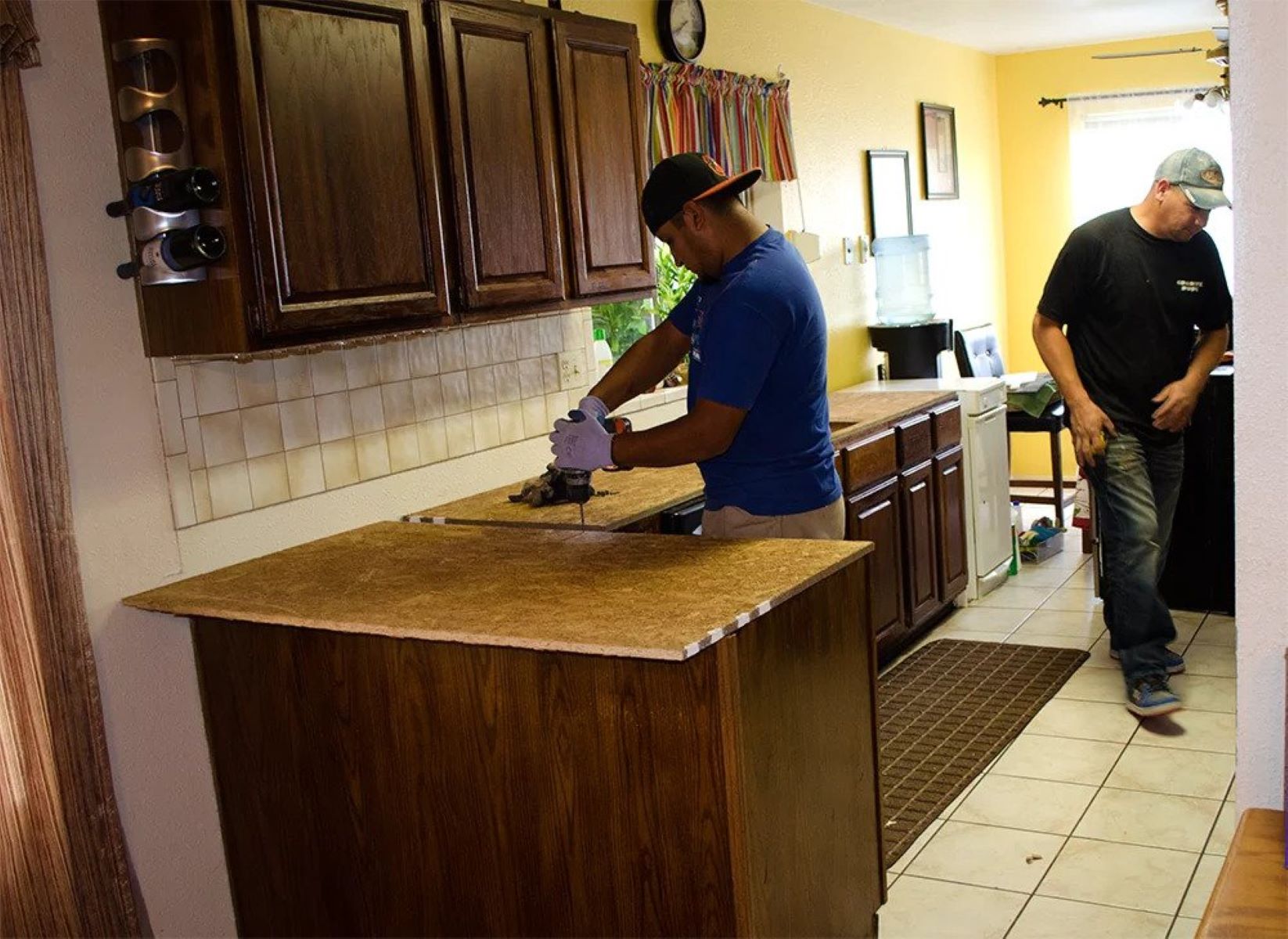
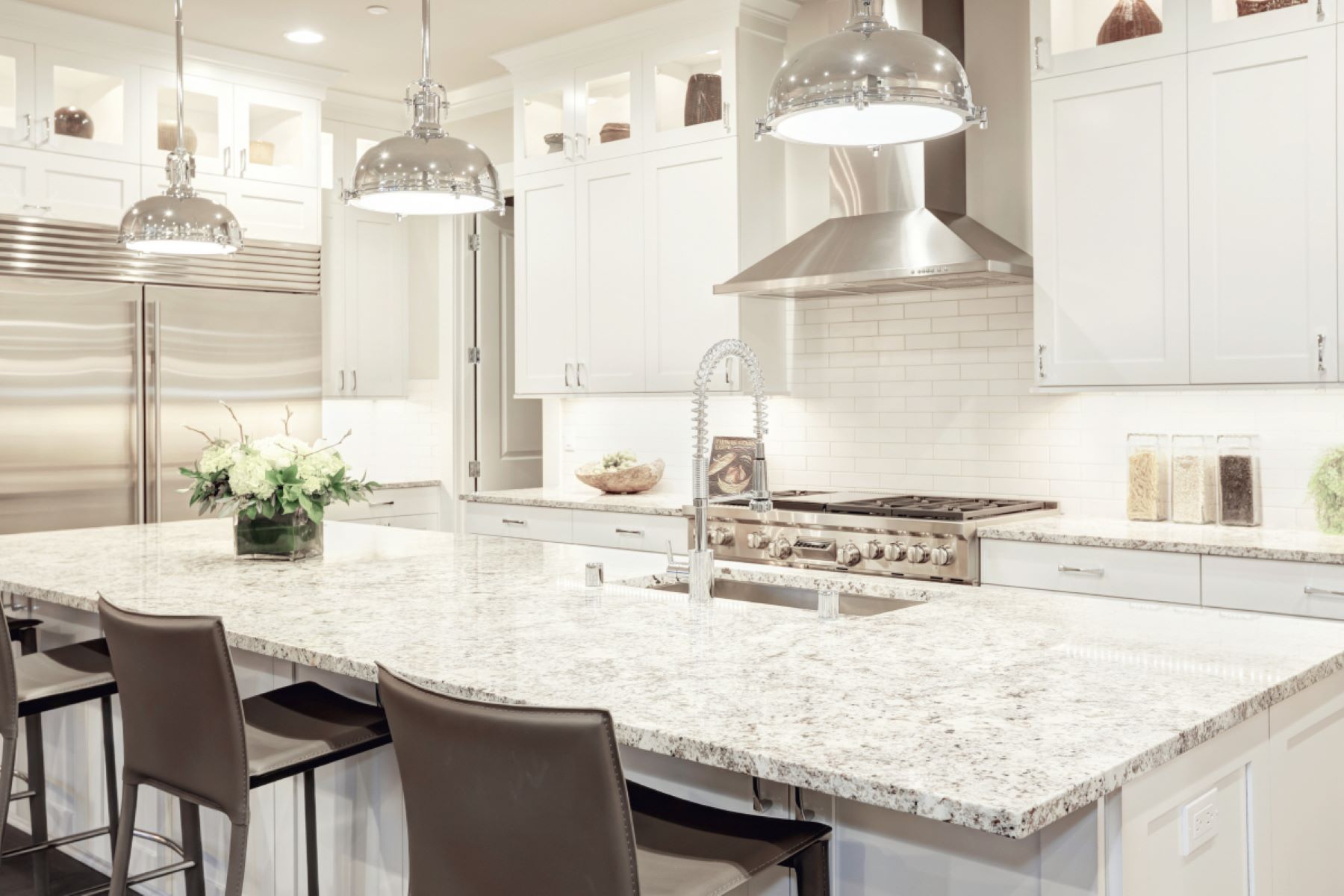
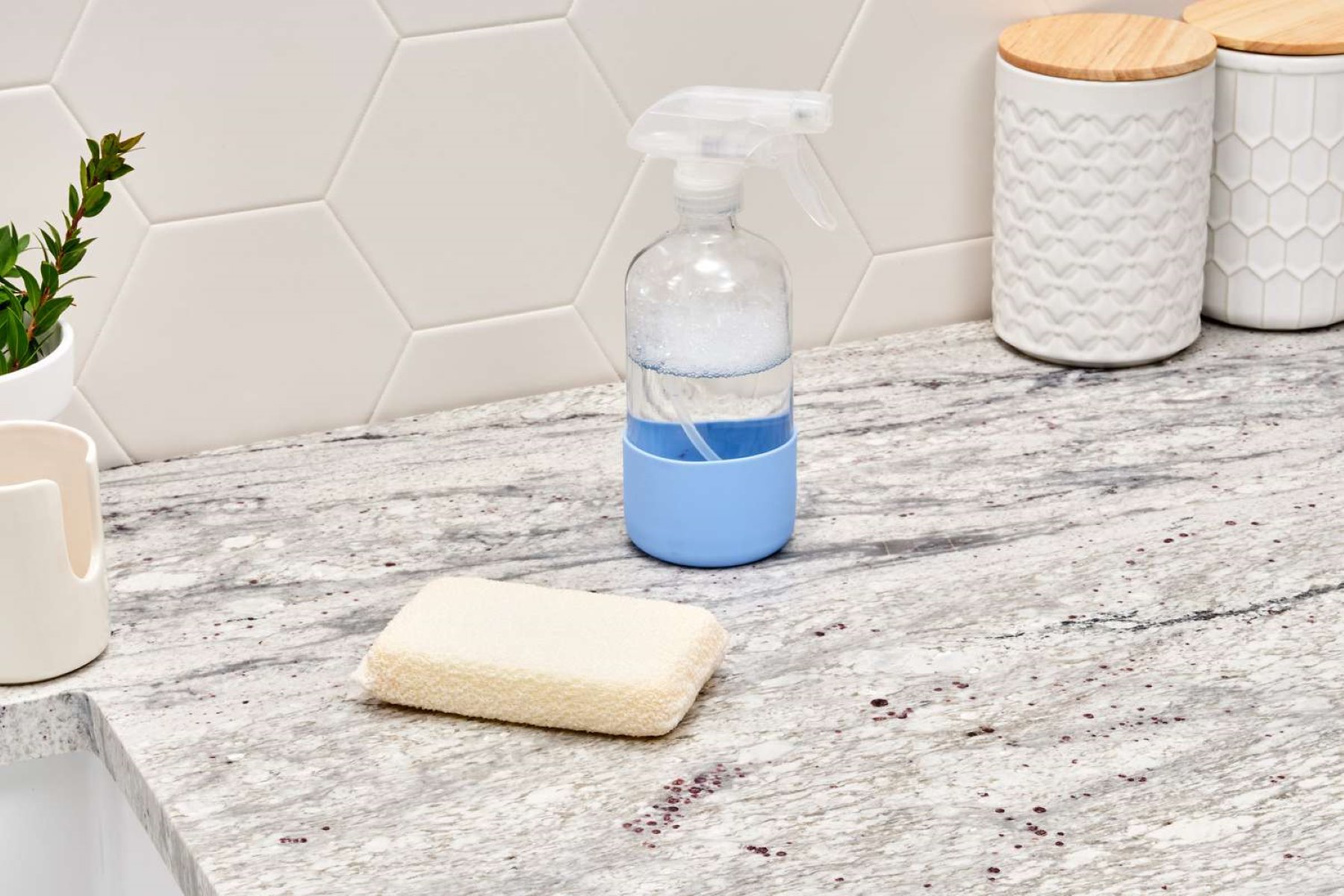
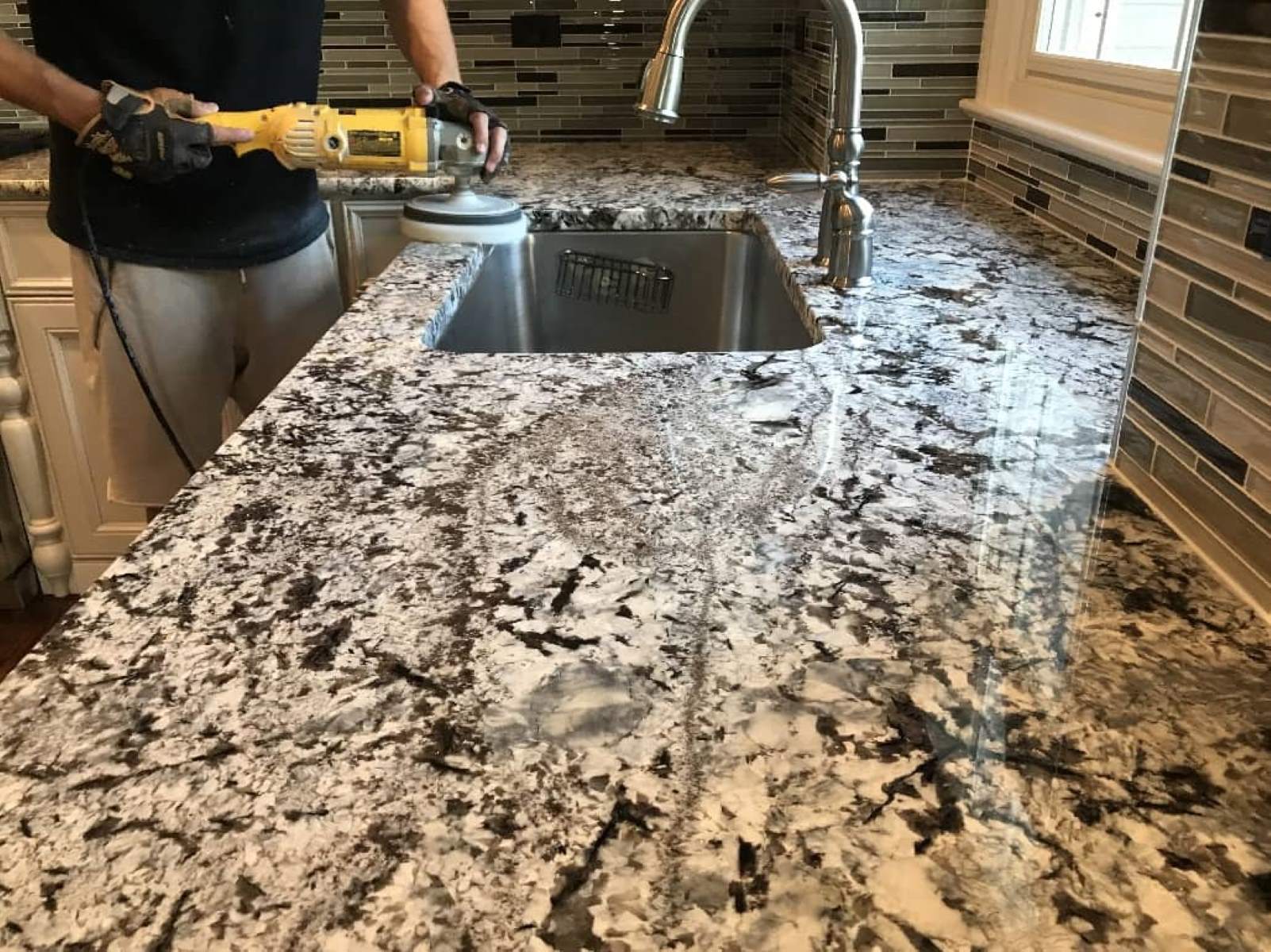
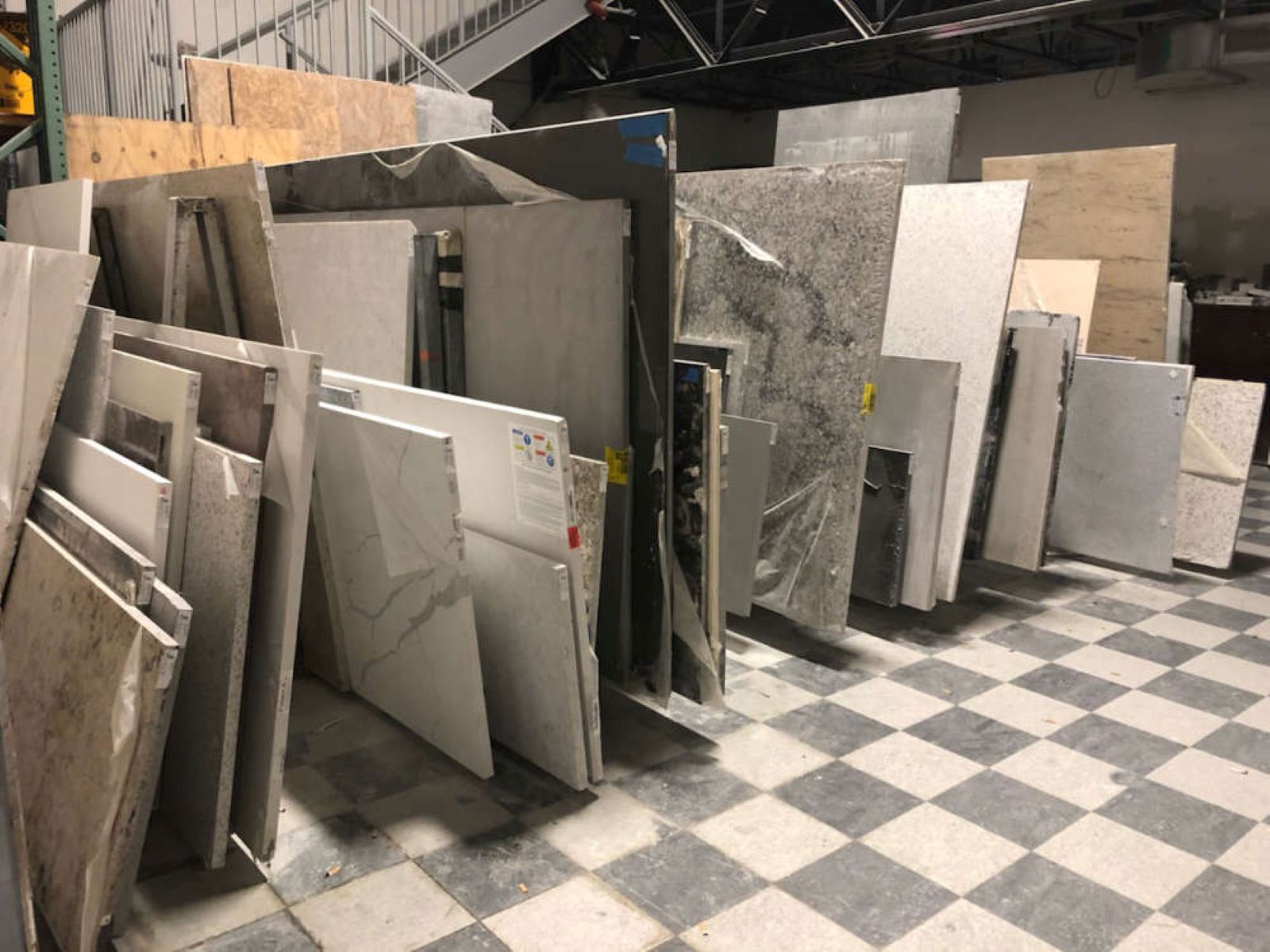
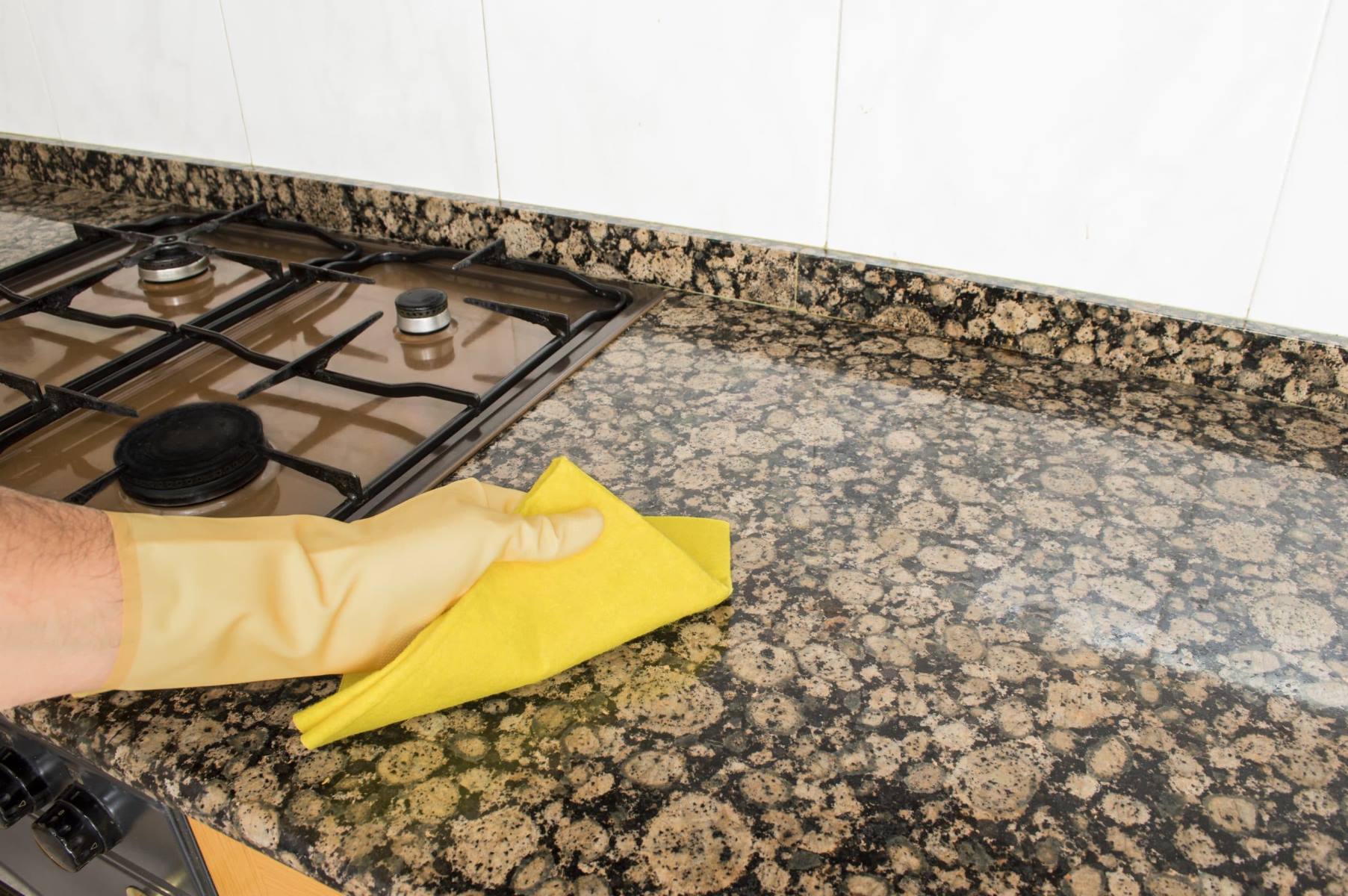
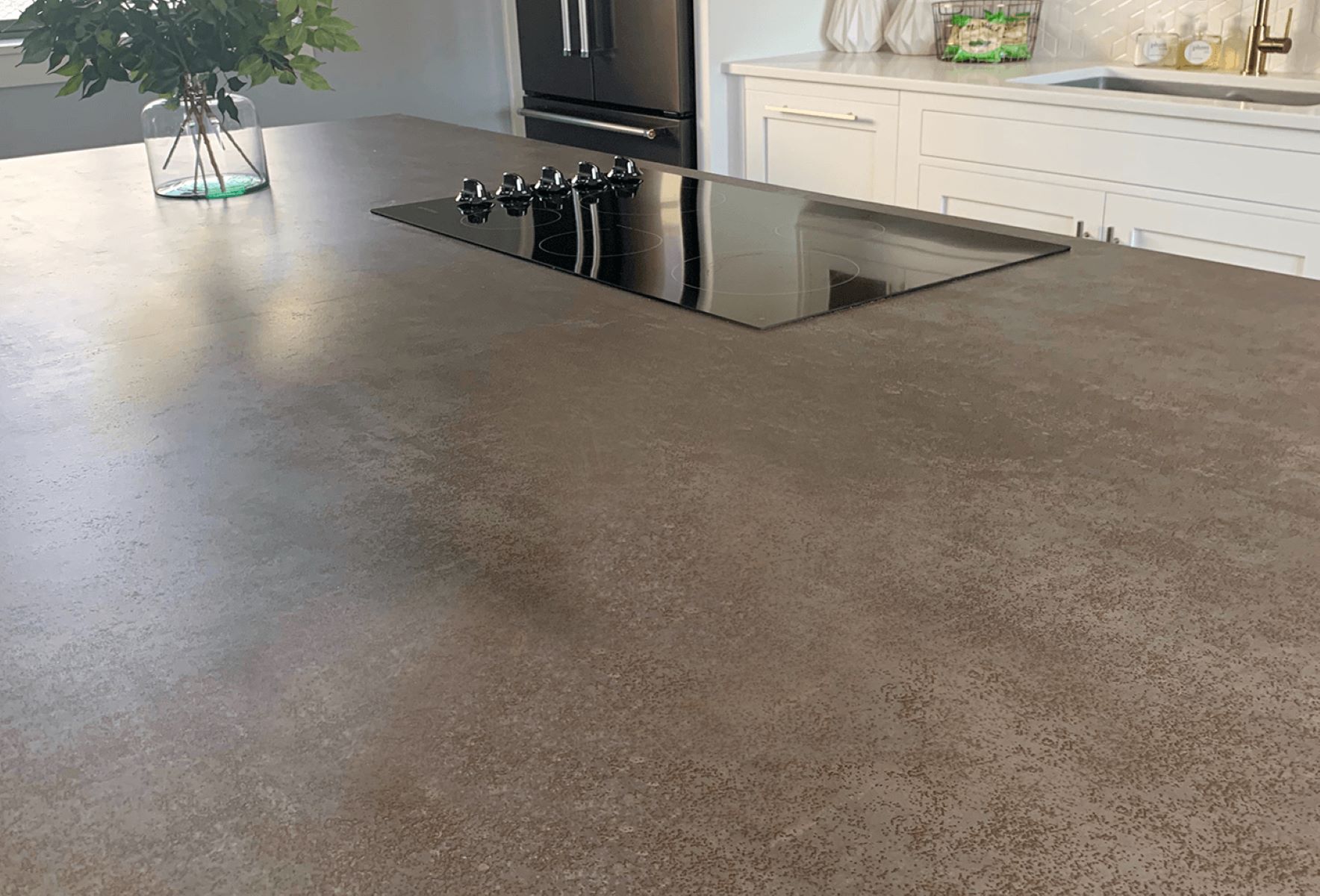
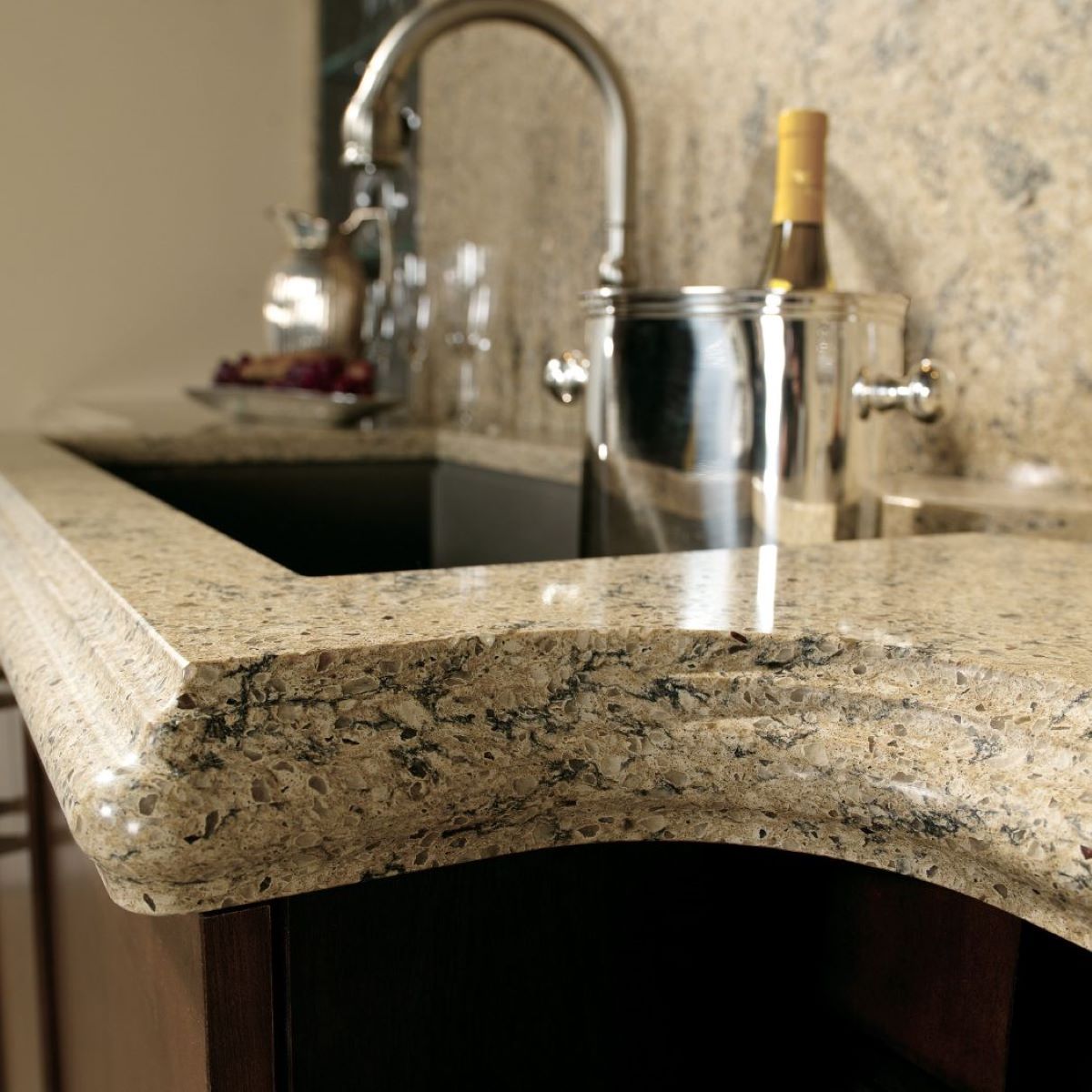
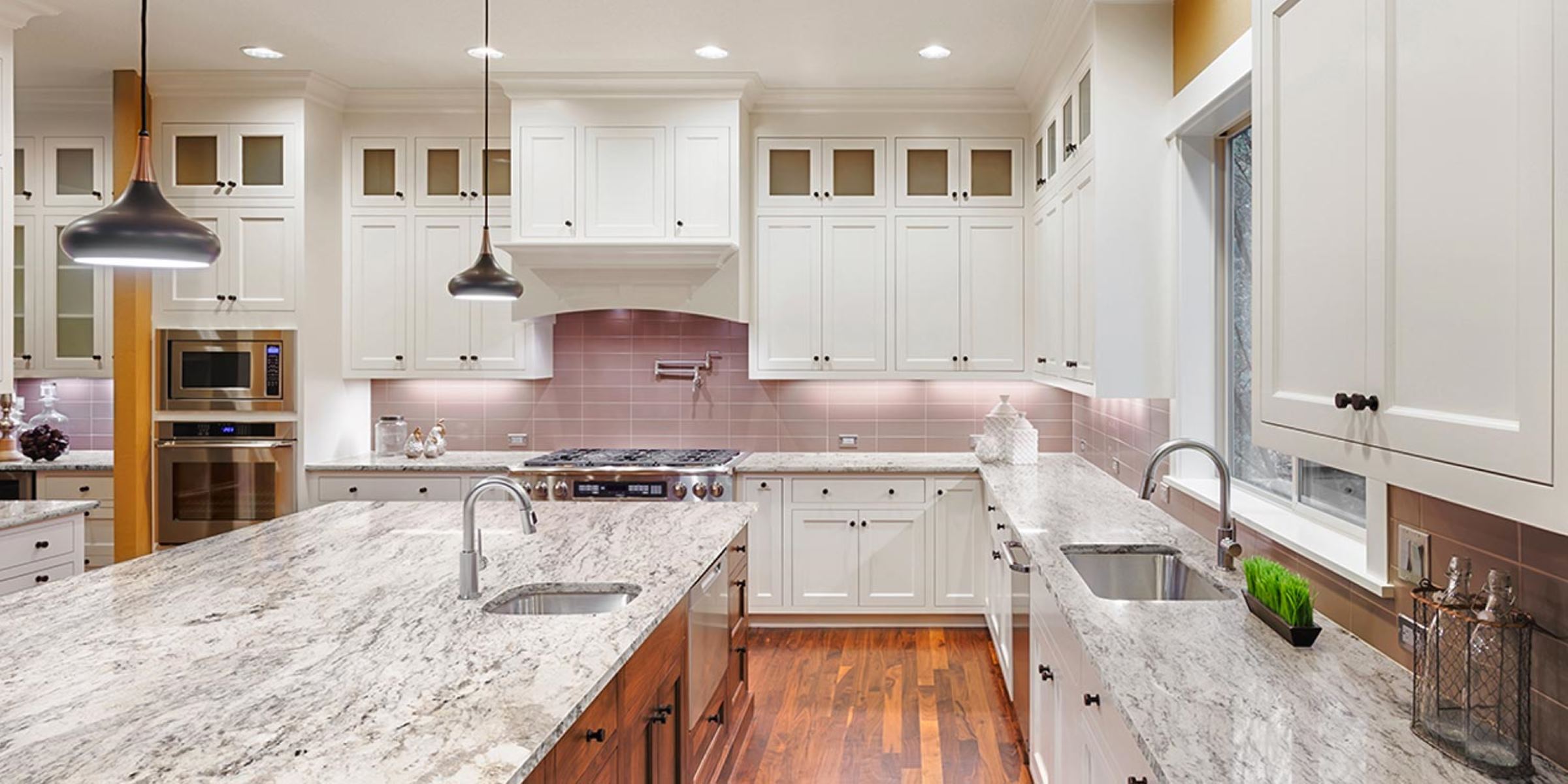
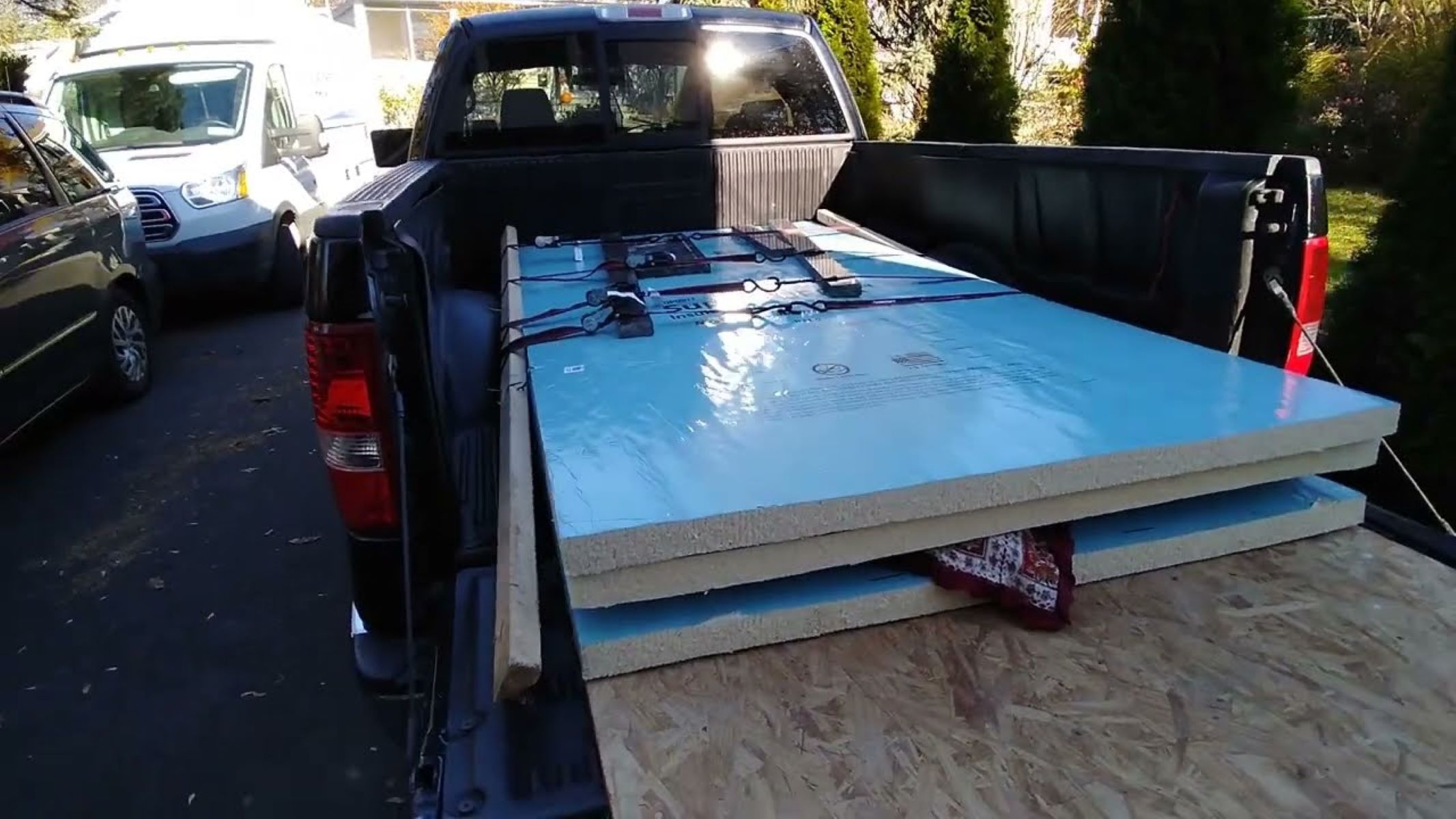
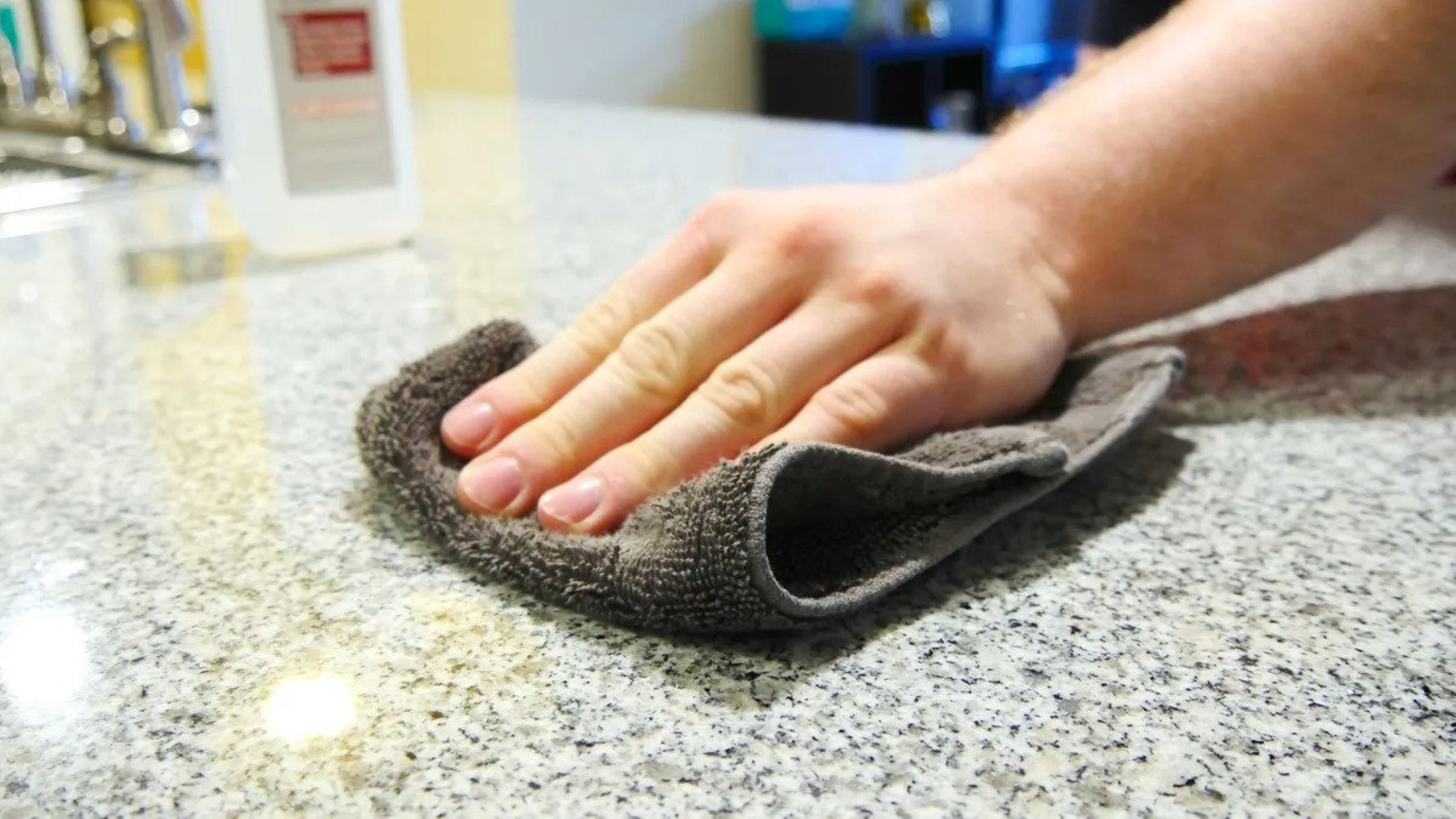
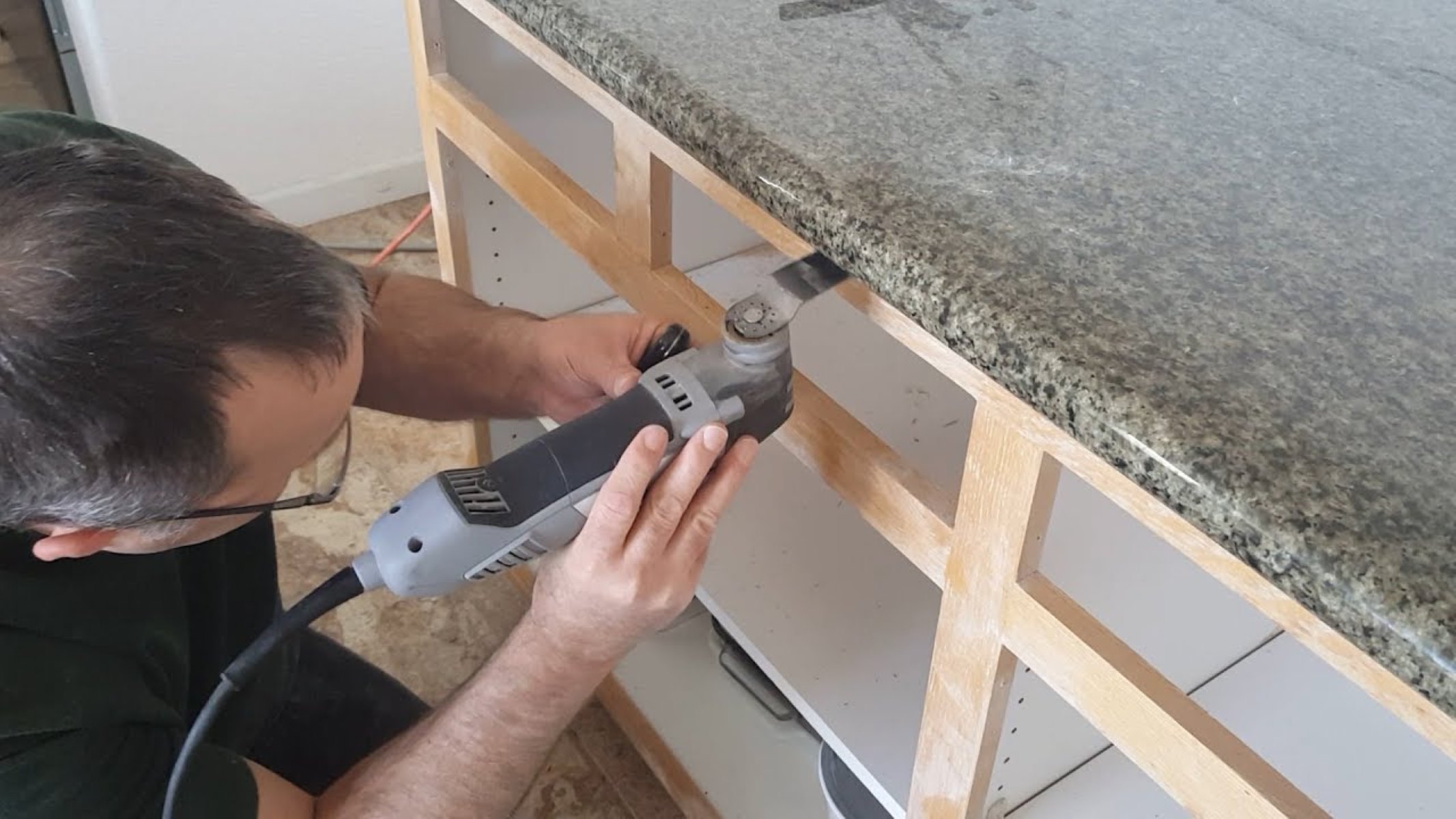
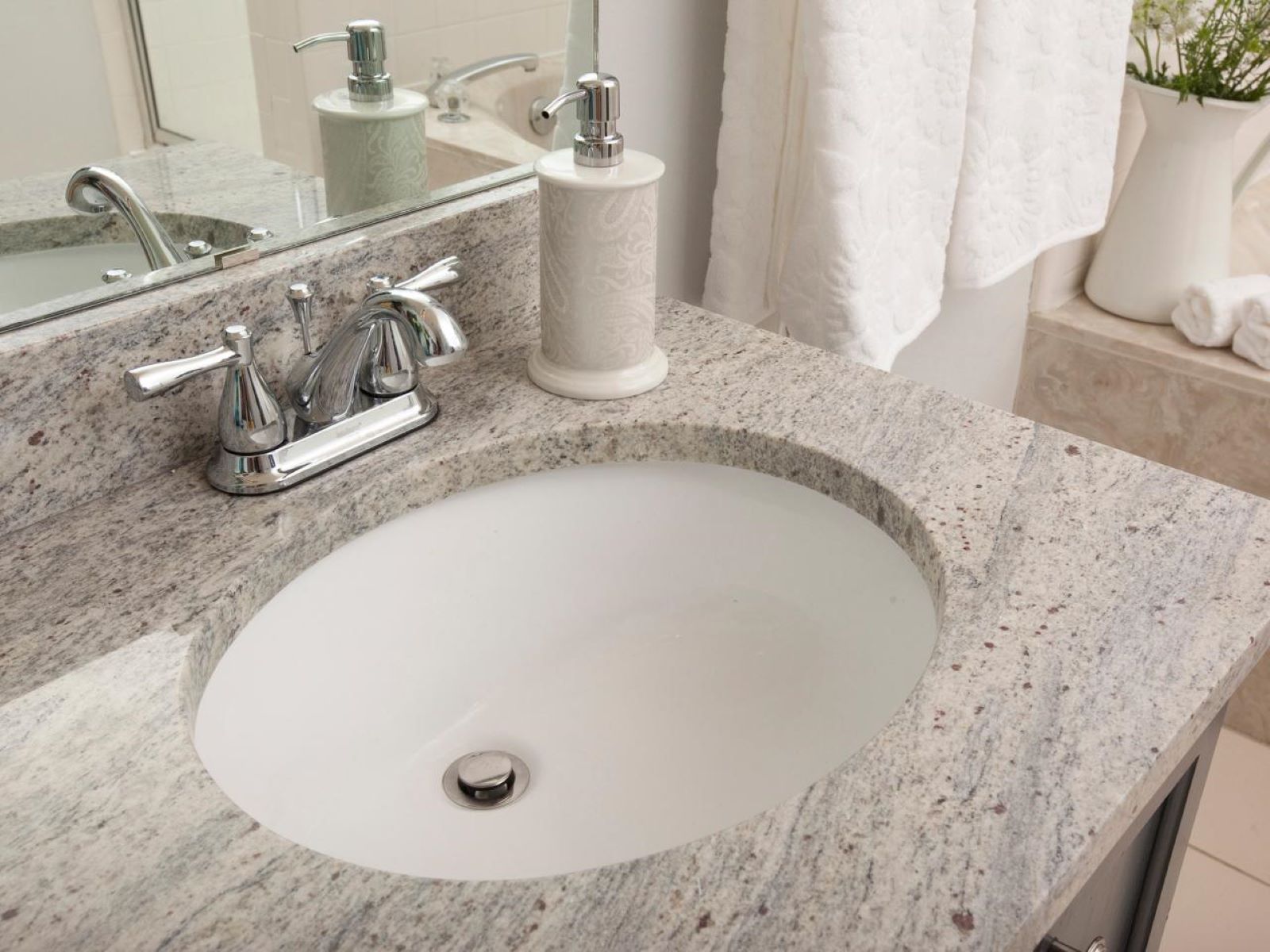
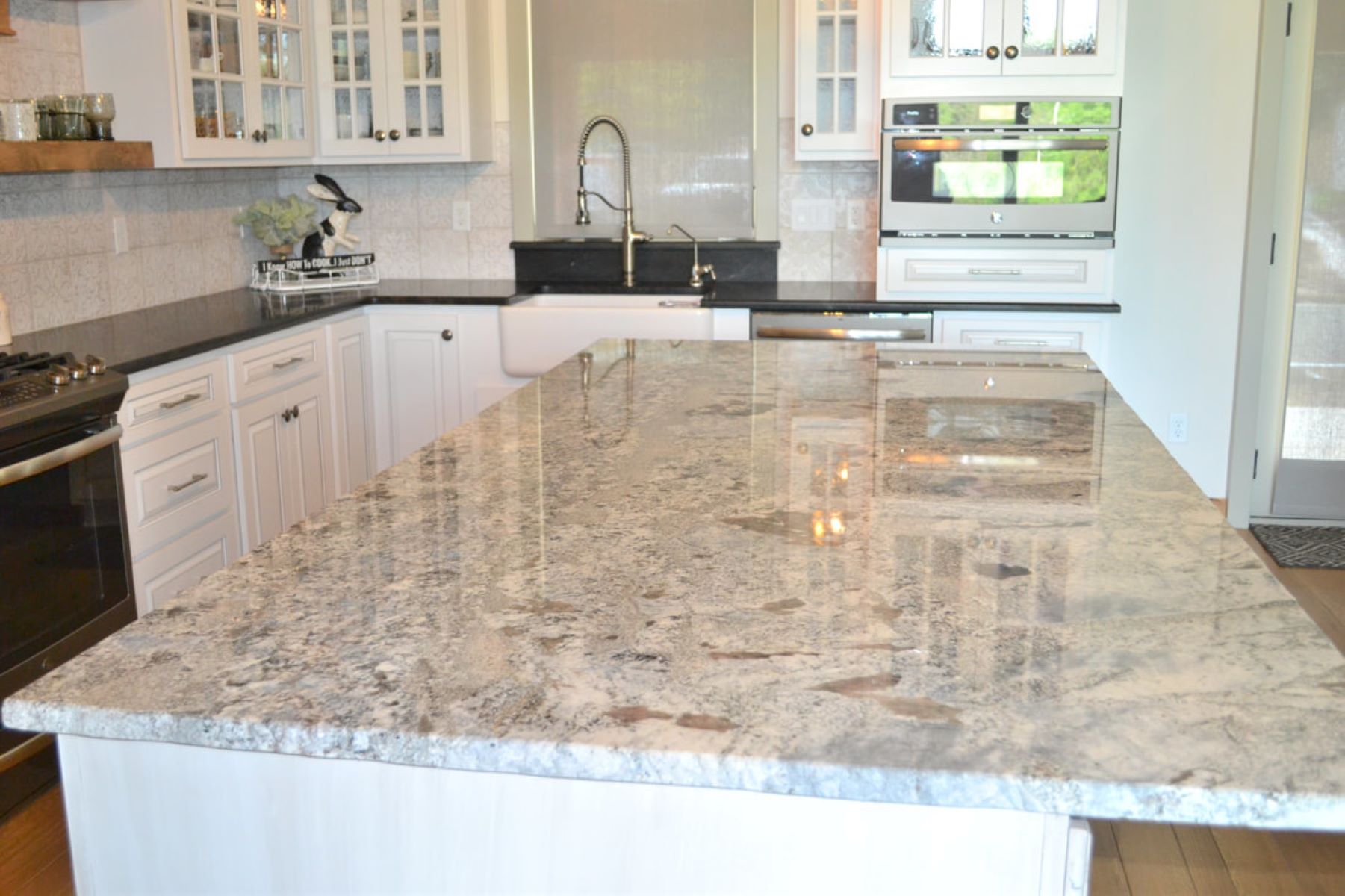

0 thoughts on “How Durable Is Granite Countertops”